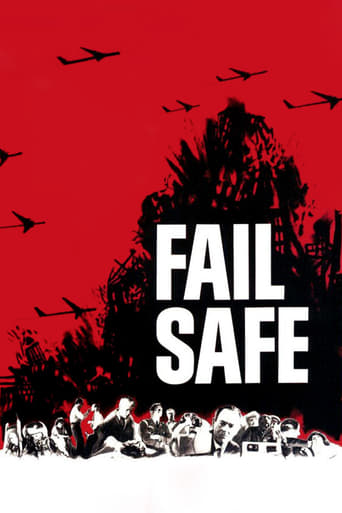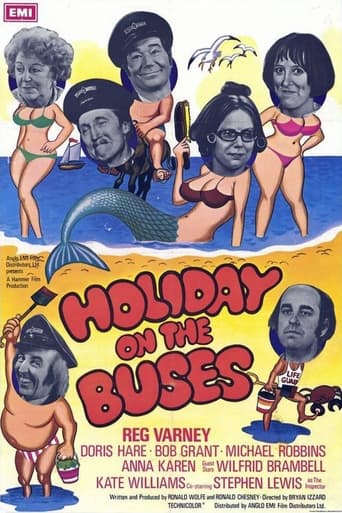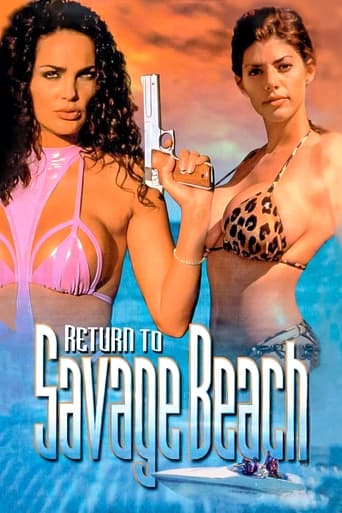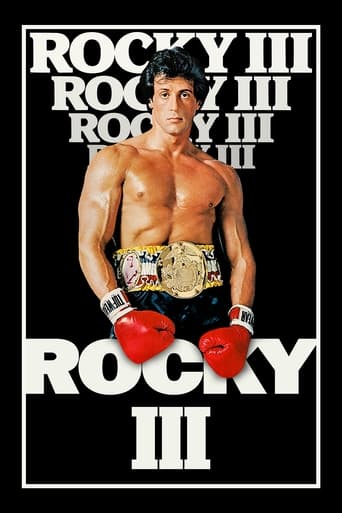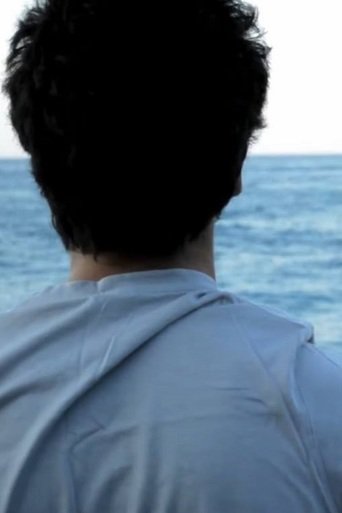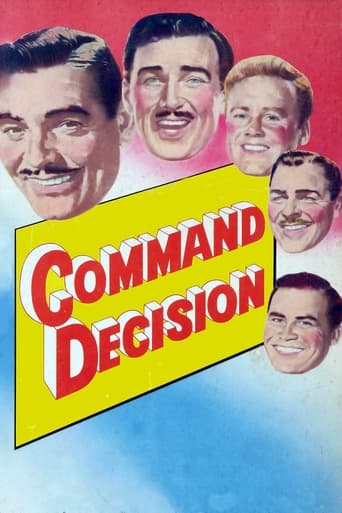


Command Decision
High-ranking officers struggle with the decision to prioritize bombing German factories producing new jet fighters over the extremely high casualties the mission will cost.
-
- Cast:
- Clark Gable , Walter Pidgeon , Van Johnson , Brian Donlevy , Charles Bickford , John Hodiak , Edward Arnold


Similar titles





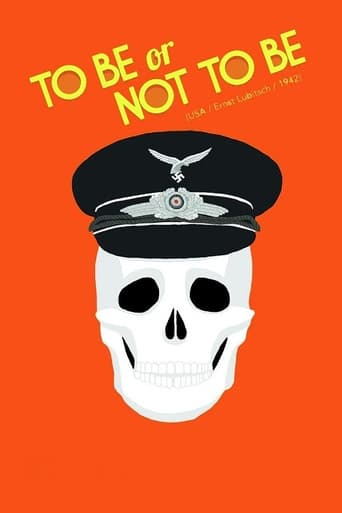



Reviews
Really Surprised!
Fun premise, good actors, bad writing. This film seemed to have potential at the beginning but it quickly devolves into a trite action film. Ultimately it's very boring.
The movie turns out to be a little better than the average. Starting from a romantic formula often seen in the cinema, it ends in the most predictable (and somewhat bland) way.
All of these films share one commonality, that being a kind of emotional center that humanizes a cast of monsters.
Despite its intriguing title, this is a very talkie and very dated stage play that is calculated to bore most audiences stiff. And the complete absence of women doesn't help matters at all! With the exceptions of Clark Gable and Walter Pidgeon, the actors walk through their parts without much conviction. In fact, although Pidgeon has to carry the main burden of the circular dialogue, he bears up well. We must also draw attention to John McIntire. In addition to his role as Major Belding Davis, he also provides the off-camera voice of Congressman Malcolm, played and spoken (on camera) by Edward Arnold. The direction by the usually very capable Sam Wood is astonishingly stiff. He died on September 22, 1949, yet is also credited with "The Stratton Stor"y (released June, 1949) and "Ambush" (January 1950). Production values are generally first class, and there are some skillful special effects, but they do little to relieve the overall tedium.
I watched "Command Decision" last night on TCM. It's the first time I've seen this film in over twenty years...perhaps longer. What struck me throughout this movie is the script. Some have complained that "Command Decision" was "too much like a stage play". Yes, it was adapted on Broadway from the stage play adaptation of a novel. The Broadway production ran for a year. Nonetheless, this film's attraction is both good work by the cast of A list Hollywood actors and, equally, a well written script which was intelligent and believable. In at least two instances, there are lengthy monologues -- one by Walter Pidgeon and one by Clark Gable -- which were book ended by rapid fire questions, responses, or comments. The script is outstanding.
If anyone has any doubts about why Clark Gable was the alpha dog among Hollywood's leading men from the mid-Thirties through the Forties, Command Decision is the film to see. This all-male movie tells the story of Brigadier General Casey Dennis (Gable), who in 1943 unleashes Operation Stitch on three German cities where German jet fighters are being developed. These fighters, if produced in any quantity, will be able to sweep Allied fighters from the skies and give the Germans air superiority again. But Operation Stitch means that the massed U. S. bombers flying in daylight must go far beyond Allied fighter protection. The first day of Operation Stitch eliminated one of the three target areas, but at horrendous cost...48 bombers were lost and more than 500 men. Dennis has the reputation among many of being a hard case. "Dennis is one of those boys whose brain is fascinated by guts," says one. "He loves this lousy war." Now General Dennis has ordered the second day's maximum effort, only to be faced with arrival at his headquarters of Major General Roland Kane (Walter Pidgeon), his superior who is fighting in Washington for more strategic bombing resources and who knows the kind of losses Operation Stitch is causing may make him lose that battle. On top of this, a Congressional committee has arrived, and among this group is Arthur Malcolm (Edward Arnold), a blow-hard Congressman who is not about to take any blame for combat losses. Looming over Dennis' shoulder is an old friend, Brigadier General Clifton Garnet (Brian Donlevy), who has arrived with Kane. The possibility that he may replace Dennis is apparent. Among all these players, including the large number of skilled secondary actors such as Charles Bickford as a reporter, John Hodiak as a group bomber pilot and close friend of both Dennis and Garnet, and the actors who play key members of Dennis' staff, Gable effortlessly dominates the movie...and he does so while being part of an ensemble before ensemble acting was talked about. Gable is crisp and efficient, as well as able believably to establish the cost these losses are having on him. He gives a first-rate performance. One of the reasons this movie works so well is that it hardly is a war story. Command Decision gives us a battle that takes place amidst the high political stakes of senior leadership. On the one hand, there is the argument for the allocation of resources for decisive action now that can probably lead to major benefits later. On the other hand, there is the argument that failing to bring along public opinion now can lead to grave losses and poor decisions later. So do we accept the horrendous loses in bombers and crews to wipe out right now the potential threat of German jet fighters, or do we take it slower with easier targets that can build public confidence in strategic daylight bombing? Since this movie was based on a successful stage play, there are great stretches of competing dialogue. That this doesn't become a dull set of debating points is because the dialogue is for the most part sharp and focused, delivered with skill and conviction, and with little actorly bravado. Gable, Pidgeon and Donlevy do very well. The movie has its share of clichés -- the ever-resourceful, wise-cracking sergeant (Van Johnson); the humorous tear-jerker speech of a husband-to-be with a silly name, Captain George Washington Bellpepper Lee; the obsequious public relations underling; the birth of a baby which usually means the tear-filled death of the new father; the cynical, burned-out pilot who gets a dramatic change of heart -- but on balance they don't seem too bothersome when placed against the clash of strategies and ideas we're witnessing. Command Decision is a well-crafted movie. Now, if only strategic bombing had ever accomplished even half of what all the air generals have always promised it would. It's worth noting that Paul Kelly, a fine character actor, starred as General Casey Dennis when Command Decision opened on Broadway. The 1948 Tony award for best actor was split three ways that year. Tonys went to Henry Fonda for Mr. Roberts, to Basil Rathbone for The Heiress...and to Paul Kelly for Command Decision. Kelly was a distinctive actor who made a ton of B-movie programmers. I'm glad he finally had a chance to show what he could do and be recognized for it.
In a larger sense "Command Decision" is not really a war movie but a film about the responsibility of command and leadership. It is one of the few films that effectively explores these topics; and belongs right up there with the original "Flight of the Phoenix" and "The Red Tent". Not having the visual power of those two films (the limited combat/action scenes are almost entirely stock footage), it must focus more narrowly on the human complications arising from the responsibility of command. The contradiction being that while a leader must cease to be human, no one who can do this is fit to be a leader. Adapted from a stage play, "Command Decision" suffers from a fair amount of "long-windedness". Fortunately the most long-winded character (Major General Kane-played by Walter Pigeon), is well written and has many substantial things to convey. Much like his character in "Forbidden Planet", Pigeon is tasked with inserting historical and philosophical details into the story, and his commanding screen presence makes him ideal for this purpose.Brigadier General K.C. Dennis (Clark Gable) has the most screen time and most challenging role, as his character is the guy stuck between a rock and a hard place. He is accountable for making the hard decisions that send his men off to die, but has a fragile authority dependent on how much independence his superiors are allowing him at a particular point in time. Gable does fine in this part, probably his best totally "serious" performance. Although the film takes pains to use the German high command to illustrate examples of bad leadership, it is easy to infer that the same mindset applies to the Allies. With many military leaders distorting events to cover their own ass and willing to sacrifice men for their own career advancement and personal ideology.The premise of the film is the Air Corps discovery that the Germans have developed the first jet combat plane. Based on the real life Messerschmitt Me-262 (shown as a model in the film and in some archival footage), it is called the "Lantze-Wolf" here and considered so effective as a fighter aircraft that full production would allow the Luftwaffe to regain air supremacy over Europe. The planes are being assembled in three cities deep in Germany. The only hope to delay their full production is "Operation Stitch" (named for its goal of gaining a stitch in time), a plan to attack these sites through dangerous daylight bombing raids. Dangerous because they will be heavily defended and because the bombers will have to go the final hundred miles without fighter escort-since the America fighters do not have the range to reach and return from the target. This type of daylight bombing was called precision bombing because the bomb-site was more effective with better visibility and a lower altitude. The alternative was safer but less accurate saturation bombing at night (insert Dresden here). General Dennis must decide whether to start the operation, and then when the bombers take substantial punishment he must decide whether to continue in the expectation of additional high losses. The film takes certain historical liberties as only after a postwar evaluation of the actual ME-262 did anyone really understand its strategic potential (in the hands of well trained pilots) as a fighter aircraft. Until the end Hitler insisted that it be utilized almost exclusively as a bomber. Although able to carry out this alternative role, its bomb load capacity was too little for any significant impact. That the ME-262 is more a footnote to the war than a major element was due more to Hitler's decision than to any allied efforts to limit its production.Then again, what do I know? I'm only a child.

